
Life Transitions
Latest News

Latest Videos

CME Content
More News

A JAMA Pediatrics study found 37% of adolescents with gender dysphoria began hormone therapy within 2 years, highlighting barriers and inequities in care.

A recent study found that women with a shorter reproductive lifespan had increased odds of multimorbidity compared to those with a longer reproductive lifespan, indicating a need to assess reproductive factors to determine high-risk patients.

A recent study found that implementing postpartum transition support significantly boosts primary care engagement and reduces readmissions for chronic conditions.
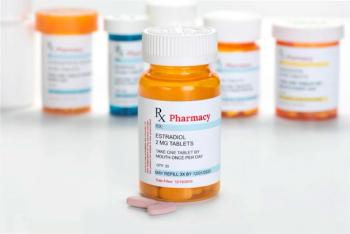
A recent highlights elevated morbidity and mortality risks in premenopausal women underusing estrogen therapy after oophorectomy, underscoring the critical need for hormone therapy to mitigate adverse health outcomes.
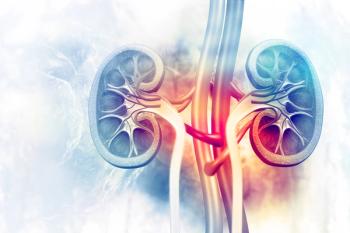
A new study recently published in Menopause, the journal of The Menopause Society, suggests a significant link between chronic kidney disease (CKD) and tooth loss, particularly in postmenopausal women.

Though studies on the prevalence of depression during menopause vary, for those experiencing the symptoms, quality of life can be severely compromised.

A recent regression model analysis unveils a 5% prolonged period to menopause in women with polycystic ovary syndrome, prompting further investigation into the condition's impact on reproductive health and the need for diverse longitudinal studies.

Participants with poor sleep quality were 85% more likely to have poor cognitive performance on the Stroop test than participants with good sleep quality, a new study found.

This lecture, presented by Holly J. Pederson, MD, at The Menopause Society 2023 Annual Meeting, looked at combined oral contraceptives in BRCA carriers and other high-risk patients, and hormone therapy in postmenopausal gene carriers as well as other high-risk women.

James A Simon, MD, discusses the link between hot flashes and poor sleep quality, and how clinicians can help their patients manage sleep disorders.

The most recommended and non-recommended methods of nonhormone therapy for treatment of vasomotor symptoms were discussed at The Menopause Society 2023 Annual Conference.
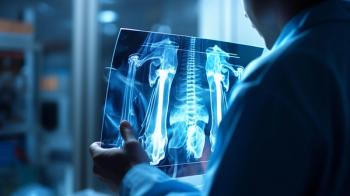
Advancements in technology used to measure bone health in postmenopausal women were discussed at the Menopause Society 2023 Annual Meeting.

A recent study measuring sexual functioning in women with post-traumatic stress disorder was discussed at The Menopause Society 2023 Annual Meeting.

In a recent study highlighted at the Menopause Society 2023 Annual Meeting, a correlation was found between the number of hot flashes experienced and the risk of Alzheimer’s disease among perimenopausal and postmenopausal women.

A correlation between brown adipose tissue activity and hot flashes was discussed at the Menopause Society 2023 Annual Conference.
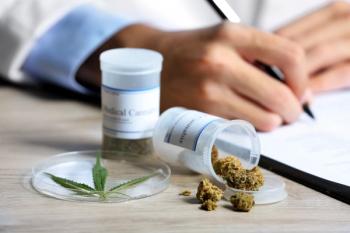
In a recent study, increased use of cannabis to manage menopause symptoms was observed among midlife women.

In a recent study highlighted at The Menopause Society 2023 Annual Meeting, White women with a psychiatric condition were 40% more likely to receive a hormone therapy prescription than Black women.

At The Menopause Society 2023 Annual Meeting, tips on reducing weight during menopause will be discussed.

The presence of NAFLD increased from 25.3% to 29.4% among patients receiving oral menopause hormone therapy.

In a recent study, women with premenstrual disorders were more likely to experience early menopause and vasomotor symptoms.

Menopausal women who drink alcohol should limit consumption to moderate drinking, according to experts. However, binge drinking in this population has been on the rise, for which clinicians can help by referring these patients to appropriate treatment.

Fezolinetant (Veozah; Astellas Pharma) is now the first neurokinin 3 receptor antagonist approved for the treatment of vasomotor symptoms associated with menopause.
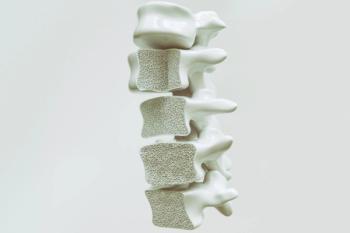
What the obstetrician-gynecologist should know

A literature review found that although hormonal therapy with estrogen is the first-line therapy for bothersome vasomotor symptoms (VMS) and genitourinary syndrome of menopause (GSM) symptoms, nonhormonal medications such as paroxetine and venlafaxine can also be effective for VMS.
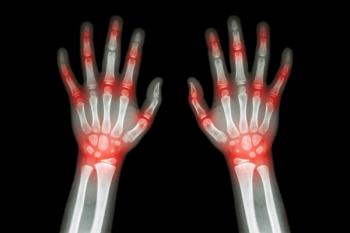
An analysis of perimenopausal women with rheumatoid arthritis indicated that patients receiving exogenous sex hormones more frequently achieved SDAI- and CDAI-defined remission.















